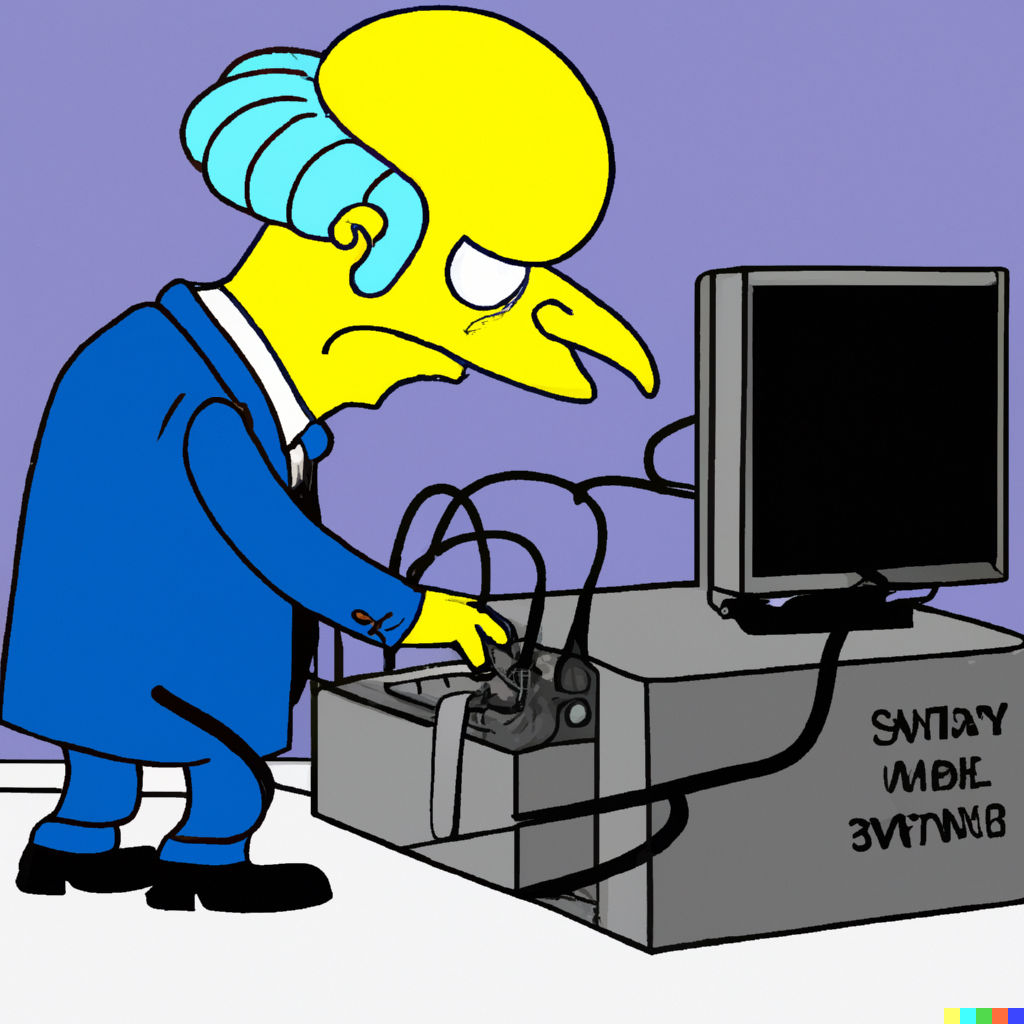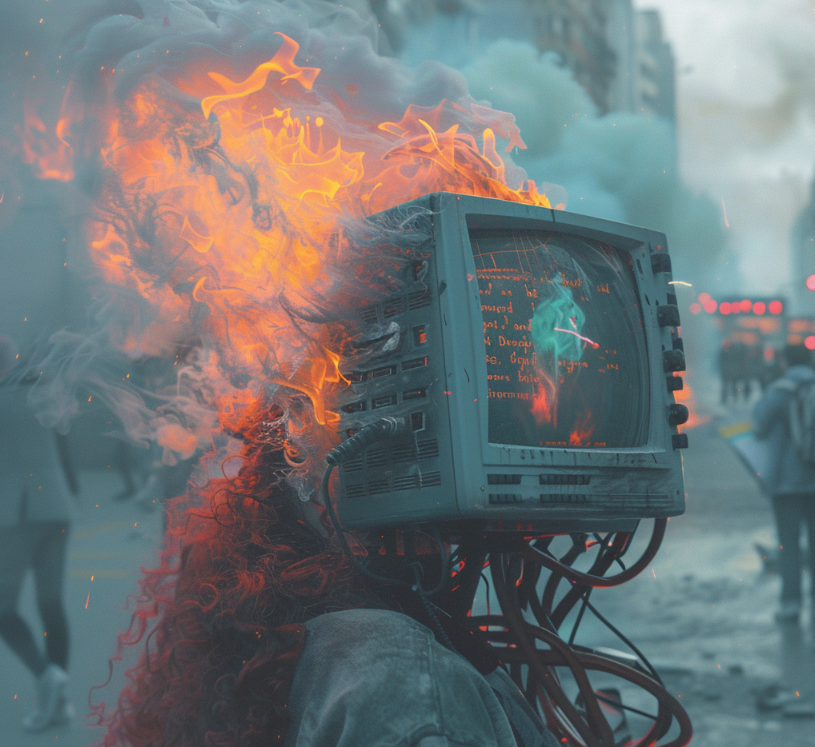It’s not all the job losses. Although I do think that’s a big problem we’re not ready for.
It’s the fact that one or maybe just a few organizations will control everyone’s access to information.
Right now, just about anybody who wants can get their ideas out into the public square – as I’m doing right now. And while there is some censorship going on – YouTube can hide your videos, and Google can move your pages way down in the search results – we have a fairly free marketplace of ideas.
I’d like it to be a lot more fair and free, but it’s not awful.
Very soon, this entire ecosystem will be transformed. You won’t use a search engine.
Think about it. Search engines were a great idea, but they’re a bit of a pain. If I do a search about the geology of Nashville, I’ll get a bunch of links to pages, and I won’t know which one answers my question. I might have to read through several pages to get what I want.
But if I go to an AI chatbot, it will just answer my question.
That’s the future.
Notice how that new process won’t give me direct access to other points of view.
I could certainly ask the chatbot to tell me if there are other interpretations of the geology of Nashville, and based on my experience so far, it will do that.
Unless you ask about something controversial. ChatGPT has a well-documented bias on many hot-button issues.
That’s only going to get worse.
In other words, here’s what’s going to happen. There will be a few AI algorithms that rise to the top of the heap. They will be controlled by some large corporation. That corporation will decide what’s news, what’s disinformation, and what you should know.
Imagine, for example, that Big Pharma purchased ChatGPT. Do you believe you’d get honest answers if you asked about their latest drug? I don’t. Not for a minute. They would label everything that doesn’t fit with their business strategy as disinformation, and they’d hide it from you.
There still might be other ways to get information. There still might be search engines. There might be smaller AI bots that claim not to curate what you get to see and hear.
But the vast majority of society will be getting their information from one, or maybe a few, AI engines that filter that access – for their own reasons.
This probably won’t be a technical violation of “freedom of the press,” because it won’t be the government doing it. The First Amendment prohibits Congress from abridging free speech. It doesn’t stop Microsoft, or Google, or Twitter.
So here’s my voice crying in the wilderness. AI will become a direct threat to your freedom to get access to the information you want, and not the information that Big Tech wants you to see.
That’s a hidden danger of AI that hasn’t been explored as well as it ought to be.




